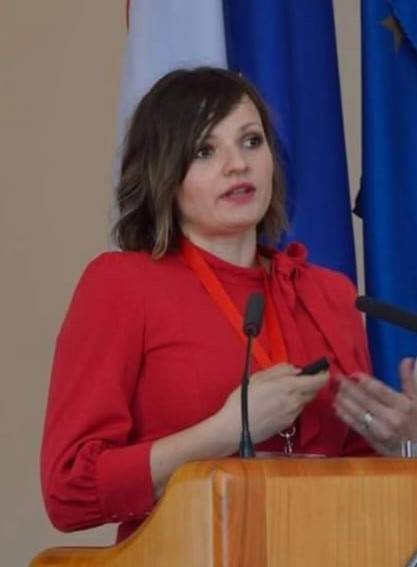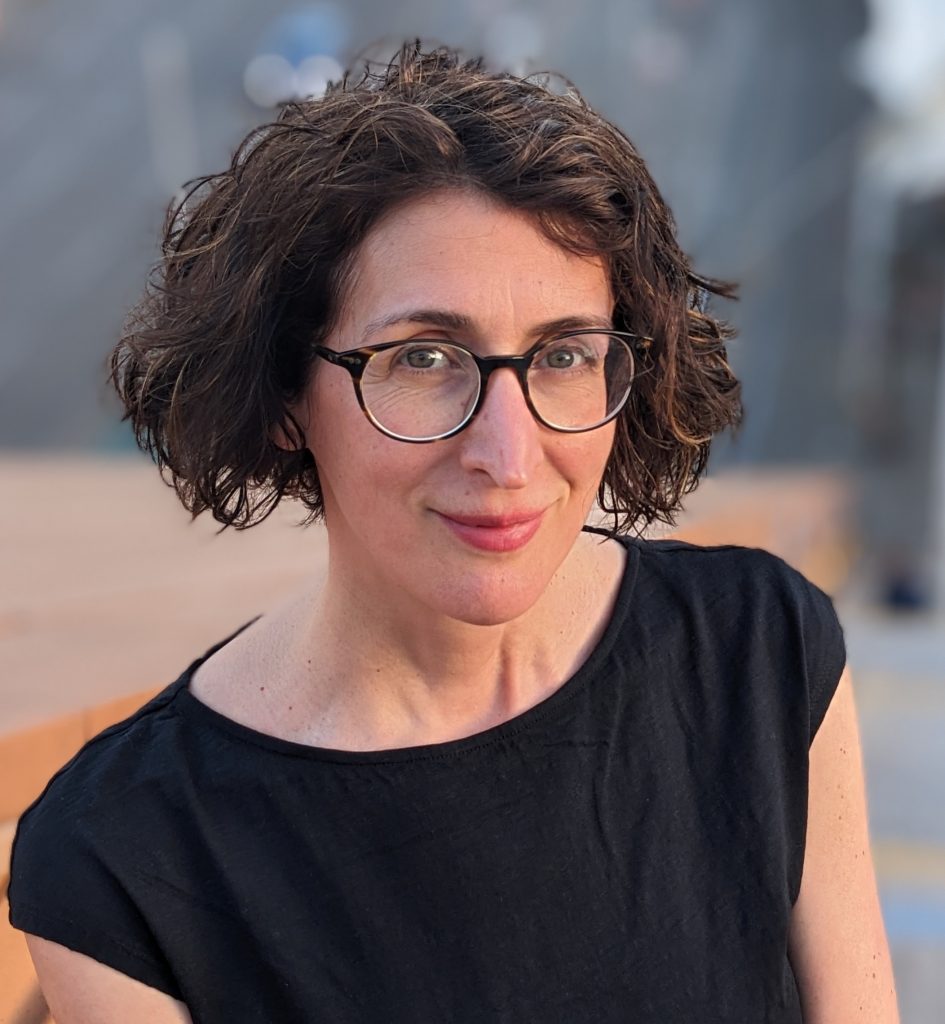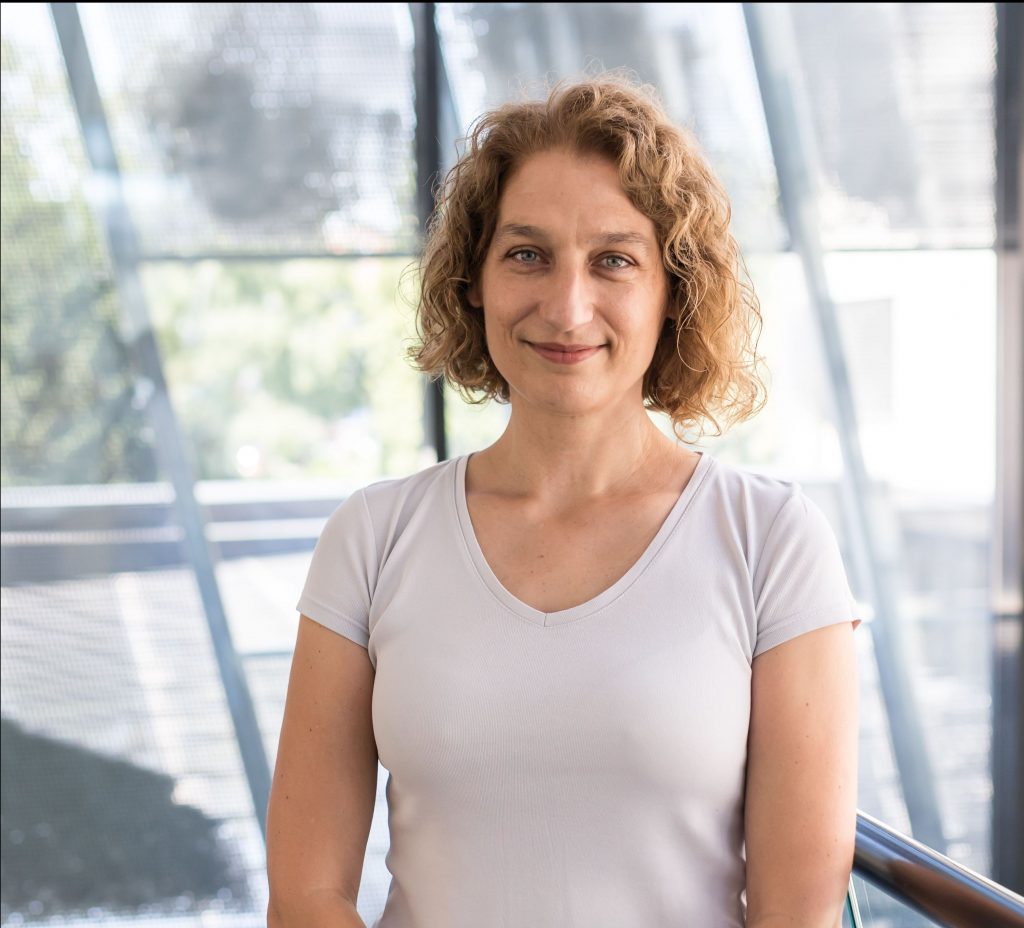
Prof. Irena Burić, Ph.D. (University of Zadar, Croatia)
Teacher Emotions and Emotion Regulation in the Classroom: How Important Are They for Students and How to Study Them?
Emotions are present in every classroom and are integral to both learning and teaching. Throughout instruction and interactions with students, teachers experience a wide range of intense emotions that can significantly influence teaching quality, relationships with students, and students’ cognitive, emotional, and motivational outcomes. However, the effects of teachers’ emotions on their behavior, classroom functioning, and student outcomes are neither direct nor straightforward. These effects must be examined through the lens of the strategies teachers use to regulate their emotions.
Emotion regulation not only mediates and moderates the relationship between teachers’ emotions and both teaching quality and student outcomes, but the two constructs—emotion and regulation—are deeply intertwined in a complex, reciprocal relationship. This lecture will therefore focus on reviewing contemporary models that explore the effects of teachers’ emotions and emotion regulation in the classroom. It will also attempt to integrate these models into a comprehensive framework that synthesizes existing research findings and provides guidance for future studies in this dynamic field.
In addition to presenting theoretical frameworks and recent research on teachers’ emotions and emotion regulation, the lecture will critically examine the dominant methodological approaches and paradigms currently used to study these topics. It will offer alternative perspectives and solutions aimed at enhancing our understanding of the complex emotional dynamics of teachers and their role in shaping educational quality.
Biography note
Irena Burić is a full professor in the Department of Psychology at the University of Zadar. Her research focuses on the individual characteristics of teachers in relation to their job performance and professional well-being. She has led two projects funded by the Croatian Science Foundation and, since 2022, has been a member of the international Health, Effectiveness, and Retention of Teachers (HEART) Research Group. Her research is grounded in large-scale studies involving teachers and students, employing longitudinal and multilevel designs. She has published extensively in international peer-reviewed journals specializing in educational psychology and individual differences. According to Stanford University’s global citation ranking, she was listed among the top 2% of most cited scientists in both 2022 and 2023. She has twice received the Award for Scientific Excellence from the Department of Psychology at the University of Zadar and has also been honored with the Rector’s Award from the University of Zadar. She currently serves as an associate editor for the journals Personality and Individual Differences and Test Adaptation and Development. She is also a member of the editorial boards of the Journal of Educational Psychology, British Journal of Educational Psychology, and Learning and Individual Differences.

Prof. Mirta Galešić, Ph.D. (Santa Fe Institute, SAD)
Beyond collective intelligence: Collective adaptation
I will describe a conceptual framework for studying collective adaptation, the dynamic interplay of collective belief systems and cognitive strategies, network structures, and problems that collectives face. Going beyond searching for “intelligent” or “stupid” collectives, this framework stresses the importance of path dependence, satisficing, and collective myopia for understanding the sometimes counterintuitive outcomes of collective adaptation. This is particularly important in today’s turbulent world in which collectives face diverse and rapidly changing challenges from pandemics to new technologies. After providing an overview of the relevant literatures in different disciplines, I will focus on one aspect of collective adaptation – belief dynamics, and describe a new model we developed to describe how networks of beliefs change on the personal and social level over time.
Biography note
Mirta Galesic is Professor at the Santa Fe Institute, Resident Faculty at the Complexity Science Hub in Vienna, Austria and External Faculty at the Vermont Complex Systems Center, UVM. She studies how dynamic interactions of individual cognitions, social structures, and emerging problems produce complex social phenomena. Her projects focus on developing models and empirical paradigms for studying various aspects of collective adaptation, including social judgments, social learning, collective problem solving, belief dynamics, and network change. She is also interested in how people understand and cope with uncertainty and complexity inherent in many everyday decisions.

Prof. Margareta Jelić, Ph.D. (University of Zagreb, Croatia)
From prejudice to integration: The role of intergroup contact in strengthening community
A complex web of biases profoundly influences our societal interactions. This presentation explores the roots of prejudice against various minority groups, emphasizing the critical role of intergroup contact in cultivating a more inclusive society.
In the first part, we will provide an overview of research on prejudice towards different minorities (such as ethnic minorities, LGBTIQ minority, refugees and foreign workers), focusing on the underlying mechanisms that drive these biases. We will pay particular attention to how feelings of outgroup threat and anxiety can exacerbate prejudice. These feelings may manifest in various forms, including economic competition, cultural differences, or social changes perceived as threats to the ingroup’s status or identity. We will also discuss the determinants of outgroup threat, such as the nature of ingroup identification and various personal characteristics.
The second part of the presentation will highlight intergroup contact as a scientifically validated method for reducing prejudice and fostering understanding between social groups. The contact hypothesis posits that, under specific conditions, direct interactions between members of different groups can lead to more positive attitudes and diminished prejudice. By facilitating meaningful contact and promoting cooperation across societal divides, social psychology offers valuable insights and strategies for building a more inclusive community. We will present research that examines the relationship between intergroup contact and prejudice reduction.
Finally, the lecture will illustrate how a scientific approach can be employed to develop integration programs aimed at reducing prejudice. We will demonstrate how to bridge the gap between scientific findings and their practical applications in everyday community life, highlighting the importance of evidence-based strategies for promoting social integration. These examples will showcase how structured intergroup interactions—such as imagined contact and cooperative learning activities—can foster positive relationships between groups, alleviate the effects of perceived outgroup threats, and contribute to a more harmonious society.
Biography note
Margareta Jelić is a professor at the Department of Psychology, Faculty of Humanities and Social Sciences in Zagreb. Her scientific interest is primarily focused on research in interpersonal and intergroup relations, as well as on studies of self-esteem and personal and social identity. She has participated in the implementation of several scientific projects in these areas and seeks to connect scientific knowledge with practical application through her projects. Recent projects include the IRCiS project from the Swiss-Croatian Cooperation Program (CSRP), which focuses on the integration of refugee children in Croatian schools. In her research, she employs qualitative and quantitative methods to explore the determinants of intergroup relations more deeply and to answer the question of what leads to quality relationships between individuals, as well as between the majority and minority in a society. She publishes the results of her research in numerous scientific journals that cover the field of social psychology and has presented her work at over a hundred scientific conferences. She is a member of Croatian professional associations, the European Association of Social Psychology, and the La-EU-MiDI network of scientists and practitioners from around the world focused on migration, displacement, and inclusion.

Prof. Simine Vazire, Ph.D. (University of Melbourne, Australia)
Where are the self-correcting mechanisms in science?
We often hear the self-correcting mechanisms in science invoked as a reason to trust science, but it is not always clear what these mechanisms are. Some quality control mechanisms, such as peer review for journals, or vetting for textbooks or for public dissemination, have recently been found not to provide much of a safeguard against invalid claims. Instead, I argue that we should look for visible signs of a scientific community’s commitment to self-correction. These signs include transparency in the research and peer review process, investment in error detection and quality control, and an emphasis on calibration rather than popularization. We should trust scientific claims more to the extent that they were produced by communities that have these hallmarks of credibility. Fields that are more transparent, rigorous, and calibrated should earn more trust. Metascience can provide scientists and the public with valuable information in assessing the credibility of scientific fields.
Biography note
Prof. Simine Vazire is a Professor at the Melbourne School of Psychological Sciences and Co-Director of the MetaMelb Lab, University of Melbourne. Her research explores whether and how science, particularly psychology, self-corrects. She focuses on the methods and practices used in research, as well as the structural systems in science, such as peer review. She is also interested in understanding self-knowledge, specifically where our blind spots lie. She has edited several journals, and is currently the Editor-in-Chief of Psychological Science. Finally, she is proud to be the co-founder of the Society for the Improvement of Psychological Science (SIPS), along with Brian Nosek.